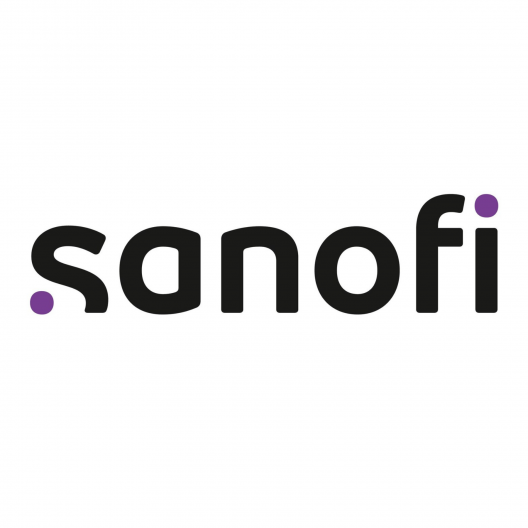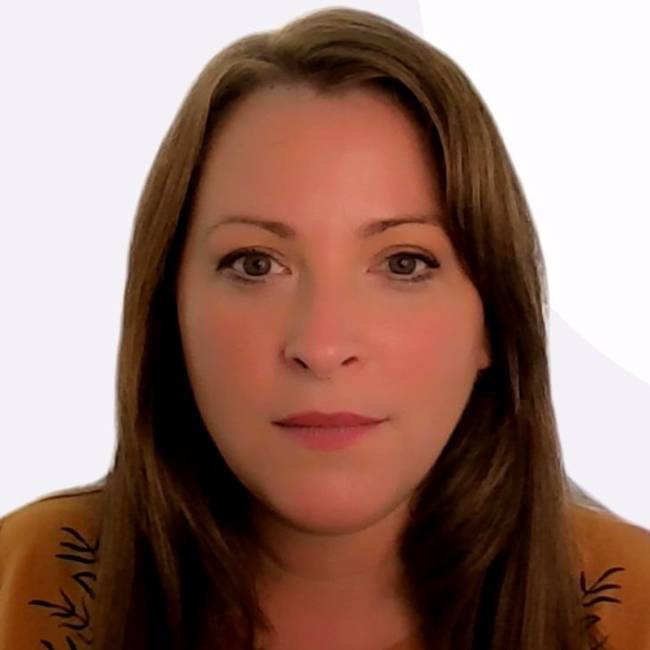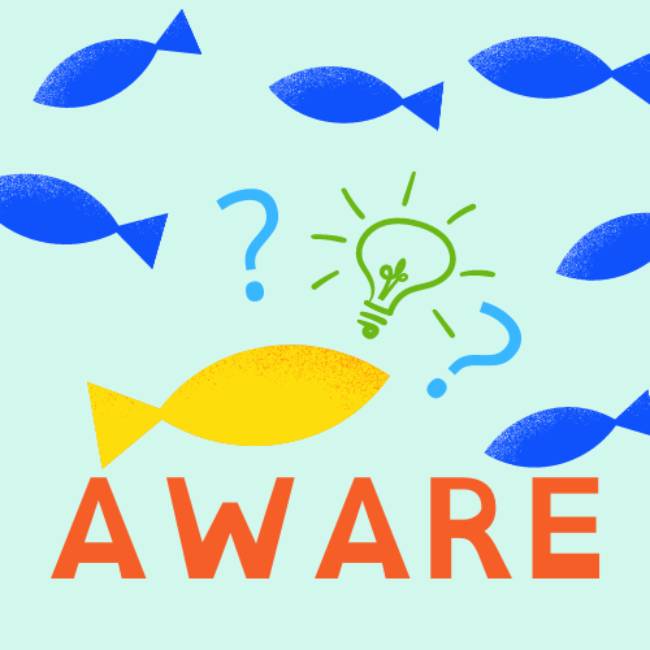
“Being Neurodivergent Is Like Being Left Handed in a World Made for Right Handed People”: Marie-Gwenaelle Chuit on Neurodiversity
Interview with Marie-Gwenaelle Chuit, Employer Branding & Early Talents Partner at Sanofi
Hi Marie – thanks for chatting with us. Can you tell us a bit about yourself?
After 20 years as an intellectual property lawyer and legal ops expert, I wanted to find a job focusing more on people, as well as diversity, equity and inclusion topics.
I am now in charge of the employer branding and young talents strategy within Sanofi France. I also created 2 years ago with a colleague the first ERG about Cognitive Diversity within Sanofi: AWARE.

What does neurodiversity mean to you?
For me neurodiversity refers to the whole spectrum of human cognitive and neuro abilities, whether these are average, lower than average or higher than average.
AWARE specifically addresses the topics of ASD, ADHD, giftedness, DYS-orders and hypersensitivity without disabilities.
What is your experience with neurodiversity?
I found out very late that I had several traits of cognitive diversity, and while this shed a very welcome light on the first forty years of life, it was a lot to deal with.
Seven years later I am now proud to have founded AWARE with a colleague, and fully embracing my cognitive specificities allowed me to gain confidence and to be a better manager, coworker and employee. I can now bring my best self to work without wasting time wondering what the heck is wrong with me. I can now prevent exhaustion by knowing my limits and accepting them, hence balancing more efficiently my workload depending on my energy ups and downs. I am more efficient and can now fully deploy skills I was afraid to acknowledge before.
What are people’s misconceptions about neurodiversity?
There are many preconceived ideas and biases around cognitive diversity, such as “it does not show, are you sure?”, “well I guess everyone is special in their own way?”, “isn’t dyslexia too good an excuse for your typos?” and more.
Mainly people will forget that cognitive diversity traits are a spectrum, hence some tend to believe all the persons concerned by the same traits have the same issues and react the same way. This is by no means true. When you meet a person with ASD, you meet ONE person with ASD.
In the workplace, managers tend to believe accommodating neurodiversity is troublesome, burdensome and difficult, while it sometimes is as simple as letting someone stand up and pace for a few minutes during a long meeting, letting another one wear noise reduction headphones to help concentration, giving clear and precise instructions.
How can we be better allies to neurodivergent people?
As for every DE&I topic, raising awareness is key to debunking biases and misconceptions. Furthermore, a lot of people are not even aware they live with cognitive diversity traits, hence why offering resources and material matters. You need to know yourself, then you need a comprehensive environment not to live in a closet.
Being neurodivergent is like being left handed in a world made for right handed people = it is not something you chose, but if you are left handed you need to constantly adapt which is exhausting and not efficient. Today no one thinks badly of a left handed person requesting to sit where they can easily use their good hand, or asking for a specific pair of scissors… This is what we should aim for!
How does your workplace approach neurodiversity?
At Sanofi we created AWARE in 2019 and have also built bridges with other internal services such as medical care, quality of work life, social care and learning. We also organize regular events and webinars to raise awareness.

An introduction to Neurodiversity is already available in our learning catalog, plus we are also investigating how we can propose specific learning modules for managers, as well as infusing neurodivergent wording and notions at every level of the organization with a focus on the recruitment process to make sure we do not miss great profiles.
The fact that Sanofi now fully supports and promotes ERGs is very key to our future, and we are very happy of it!
What do you think makes for best practice in supporting neurodivergent people in the workplace?
Once again, raising awareness is key for everyone. Representativity also matters, just as with LGBTQIA+ topics, to make sure people do not stay closeted if they do not wish it.
Acknowledging various ways of working and allowing flexibility, remote working etc is also a very good way to improve everyone’s performance.
Do you have any tips on supporting neurodivergent people to feel included in the workplace?
Listen to them – be flexible – look at the results rather than the way people work.
Allow people to wear noise reduction headphones to concentrate – to walk around when they need – make sure you include a break when a meeting is too long – watch out for bright lights / allow people to change places if need be. Trust them, they know how and when they are the most productive!
It does not take much, but it can unleash unimaginable potential and can benefit everyone.

